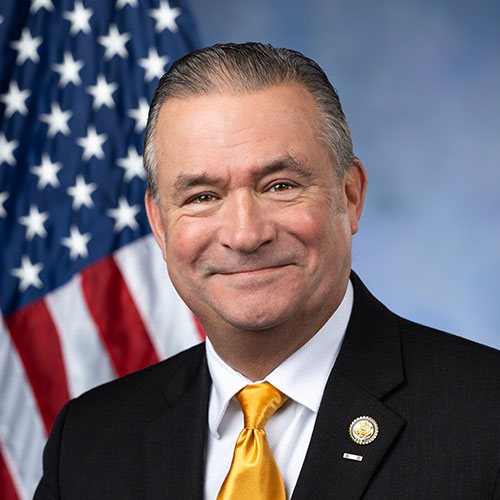Press Releases
Reps. Bacon, Yarmuth, Davis, Young Lead Bipartisan Effort to Help Children, Youth, and Families Experiencing Homelessness During Coronavirus Pandemic
Washington,
August 7, 2020
WASHINGTON – Today, U.S. Representatives Don Bacon (R-NE), John Yarmuth (D-KY), Danny K. Davis (D-IL), and Don Young (R-AK) introduced comprehensive bipartisan legislation to provide $2 billion in flexible funding for community-based organizations to assist children, youth, and families experiencing homeless during the ongoing COVID-19 pandemic. H.R. 7950, the Emergency Family Stabilization Act (EFSA), would create a new emergency funding stream overseen by the U.S. Department of Health and Human Services’ Administration for Children and Families (ACF). The measure is the companion legislation to S. 3923, introduced in the Senate by Senators Lisa Murkowski (R-AK), Joe Manchin (D-WV), and Kyrsten Sinema (D-AZ). “Our community-based organizations will be able to better serve the needs of youth and families experiencing homelessness with the flexible funding included in the Emergency Family Stabilization Act,” said Rep. Bacon. “As we work to restore and rebuild our communities, this legislation will help to stabilize youth and families during the COVID-19 pandemic and prevent entrenched adult homelessness.” “The turmoil brought on by this global pandemic is decidedly worse for those Americans who find themselves experiencing homelessness—especially our children and young people,” said Rep. Yarmuth. “As we work to navigate our way through this pandemic and its economic fallout, we need comprehensive, dedicated funding aimed at combating homelessness and preventing exponential harm for already at-risk communities. I’m glad to help lead this bipartisan effort to eliminate as many barriers as possible to the health and safety of homeless youth and families in America.” “Millions of young people, rural and urban, experience homelessness each year. These youth become homeless because they run away from abusive homes, are kicked out of their house, leave the juvenile justice system with nowhere to go, become orphans, or exit the child welfare system with no support to enable successful transitions to adulthood,” said Rep. Davis. “These youth experience a greater risk of health problems and becoming victims of sex and labor trafficking. This bill will provide grants to community-based, faith-based, and culturally-specific local agencies and organizations that serve homeless youth reducing housing and food insecurity, improving health, and promoting economic well-being.” "In Alaska and across the country, COVID-19 has affected nearly every area of our daily lives. Some of our nation's most vulnerable populations find themselves already facing housing instability,” said Rep. Young. “This pandemic has only made it harder for them to find work and put a roof over their families' heads. Housing not only brings improved health outcomes, but it also increases upward mobility and economic certainty. I am proud to join Congressmen Yarmuth, Bacon, and Davis on this crucial legislation to combat homelessness and ensure that the health, safety, and resiliency of our most vulnerable citizens are protected." The Emergency Family Stabilization Act would:
Full text of H.R. 7950, the Emergency Family Stabilization Act can be found here. ### |
